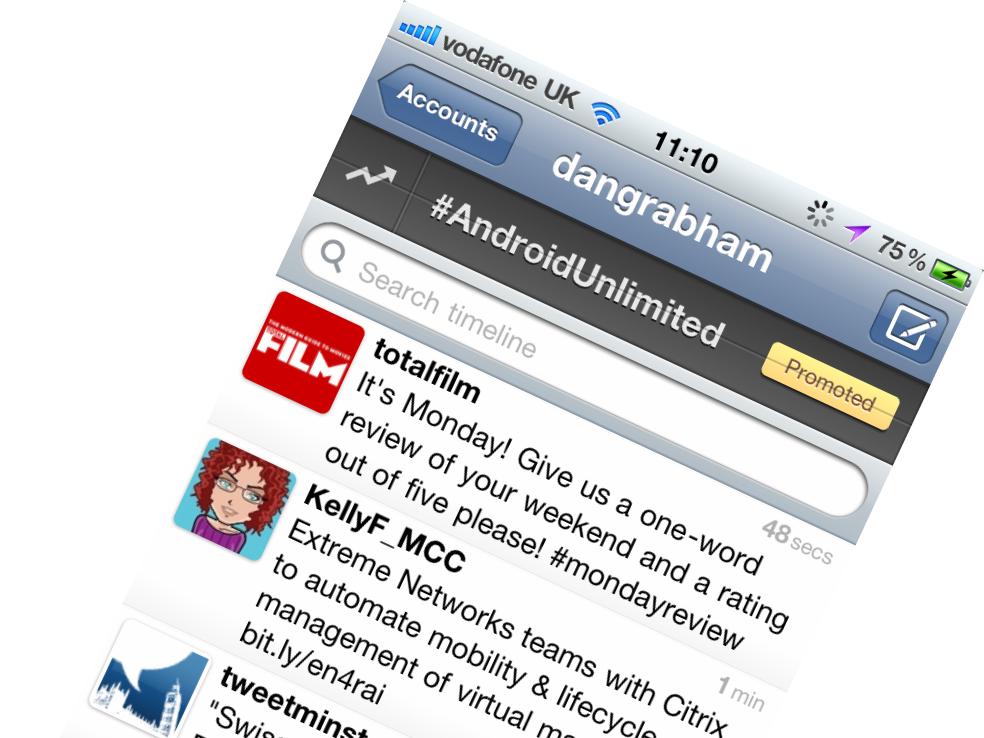What if Google bought Twitter?
Would life be sweet with Google Tweets?

Rumours about Google buying Twitter have been floating around for ages, with pundits suggesting that the best way for Google to get the social web would be to buy part of it.
The launch of Google+ means that's less of an issue, but there are still several compelling reasons why Google might consider reaching for its chequebook.
The first one is reach. While Google+ attracted more than 25 million users by August, Twitter has many more: its 300 millionth user reportedly signed up in May, and while there's a difference between having an account and actually using it there's no doubt that in terms of numbers, Twitter wins here.
As the firm rolls out targeted adverts later this month - part of an ongoing strategy of building a Facebook-sized advertising business - those numbers could represent a significant amount of money.
The second, and more important, reason is relevance. We're increasingly turning to the social web for product recommendations, buying advice and so on - not least because traditional search can be horrible when you're trying to find that kind of information.
By making real-time search results part of Google's wider search offering, that could help differentiate good sites from bad, breaking news from old posts, buying advice from spammy pages. That's partly why Google+ integrates with Google search, but again Twitter has the big numbers here.
Good for Twitter?
Would it be good for Twitter? There are cost savings - Twitter would benefit from Google's infrastructure - and $8 billion to $10 billion, the price pundits predict Google would have to pay for the service, would certainly boost Twitter's bank balance.
Get daily insight, inspiration and deals in your inbox
Sign up for breaking news, reviews, opinion, top tech deals, and more.
There's also scope for integration with Google's other services, such as Gmail and Google Talk, which could help boost Twitter's popularity and therefore its usefulness.
Such integration might also address the key criticism of Twitter's business model: its apparent inability to make huge piles of cash from its service. As a stand-alone business, Twitter ultimately has to make stand-alone profits; as part of the low-margin, high-volume Google, it would be under considerably less financial pressure, hopefully avoiding future mis-steps such as the introduction of the infamous advertising Quick Bar.
There are negatives too, however. Any deal would face detailed scrutiny from anti-trust regulators: you can be sure that rivals would scream blue murder if the king of web search attempted to become the king of social search too. There's also Google's track record to consider. It's bought social services before - Q&A service Aardvark, location-based service Dodgeball and microblogging service Jaiku - and turned reasonably successful services into failures, and it could easily do the same with Twitter.
What would Google do?
There are several ways Google could ruin Twitter. It could face difficulties integrating two very different companies, a problem that many firms encounter when they join forces. If it handles Twitter's integration with other services badly, it could dilute the single-minded focus on real-time chat that's made Twitter the success it is.
And now that Google+ exists, Twitter could face Not Invented Here syndrome, where existing Googlers' enthusiasm is reserved for the products they created in-house rather than any perceived interloper.
So are there any other potential suitors? The obvious candidates have the cash, but they also appear to have the access they need: Microsoft has just renewed its Twitter search deal for Bing, Apple has extensive Twitter integration in iOS 5, Amazon already uses the service to tweet Kindle users' book ratings and eBay won't be keen to acquire another communications firm so soon after dumping Skype.
The big problem is the price tag: $10-plus billion is an enormous amount of money for a company that, as yet, isn't bringing in billions of dollars in revenues.
Perhaps the best option for Google is to bring back something it already had: real-time search that included (but wasn't limited to) Twitter's "firehose" of content. Google dumped the feature back in July when its existing agreement with Twitter expired.
The intention is clearly to have Google+ replace Twitter, but the former is a long way from having the reach - not to mention the population of media types and celebs - that Twitter can offer. Rather than buy Twitter, Google might be better off just buying access to it.
Writer, broadcaster, musician and kitchen gadget obsessive Carrie Marshall has been writing about tech since 1998, contributing sage advice and odd opinions to all kinds of magazines and websites as well as writing more than a dozen books. Her memoir, Carrie Kills A Man, is on sale now and her next book, about pop music, is out in 2025. She is the singer in Glaswegian rock band Unquiet Mind.
